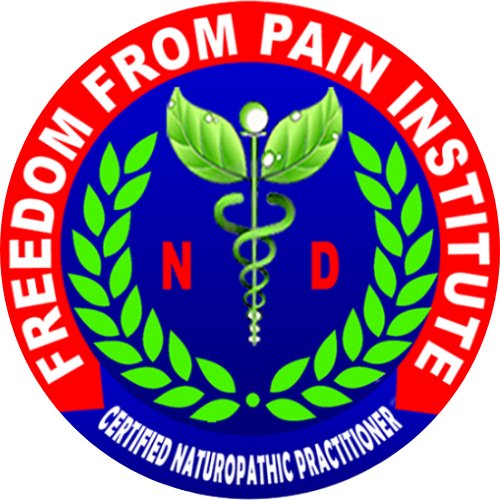This subject provides a foundational understanding of the human body, including the skeletal, muscular, and nervous systems.
Students will learn a variety of massage techniques, including Swedish massage, deep tissue massage, sports massage, and others. This will involve learning how to use different hand positions, pressures, and movements to manipulate soft tissue.
Proper body mechanics are essential for a massage therapist to avoid injury and provide the best possible treatment to clients. Students will learn about proper posture, ergonomics, and how to use body weight to apply pressure effectively.
Effective communication is important to ensure client comfort and satisfaction. Students will learn how to communicate with clients before, during, and after the massage treatment.
Maintaining a clean and hygienic workspace is crucial for the safety and well-being of clients. Students will learn about proper cleaning and disinfection procedures, as well as how to maintain a professional appearance.
Massage therapists must adhere to ethical guidelines and boundaries in their practice. Students will learn about ethical considerations related to client confidentiality, informed consent, and maintaining professional boundaries.
Students will learn how to market their massage therapy practice, including building a website, managing social media, and networking with other professionals. They will also learn how to manage finances, set prices, and handle insurance and billing.
Some massage courses may also cover specialized techniques such as prenatal massage, oncology massage, or lymphatic drainage massage, depending on the program’s curriculum.














